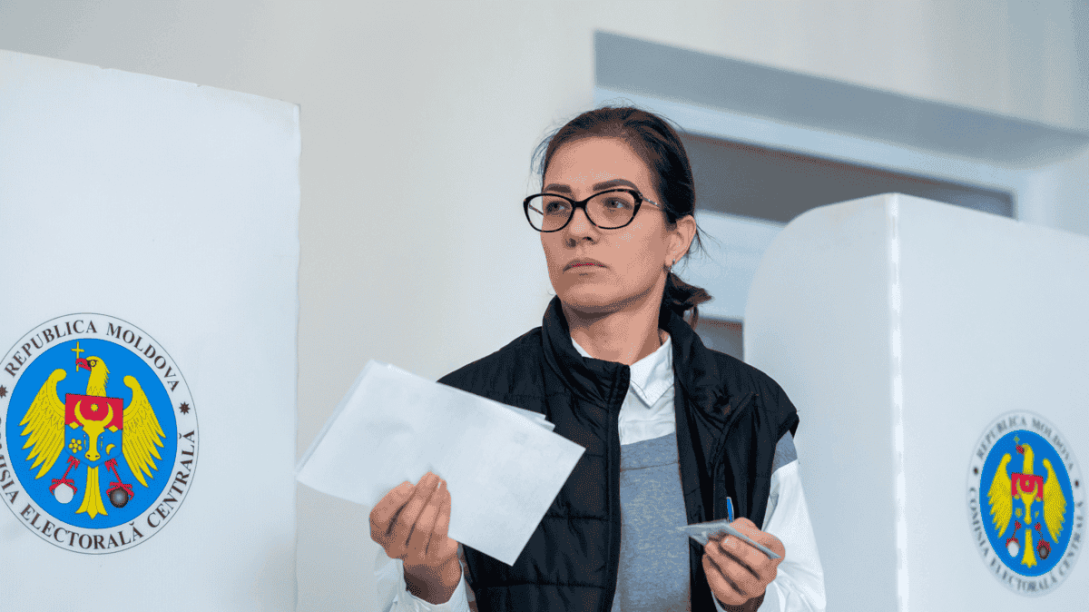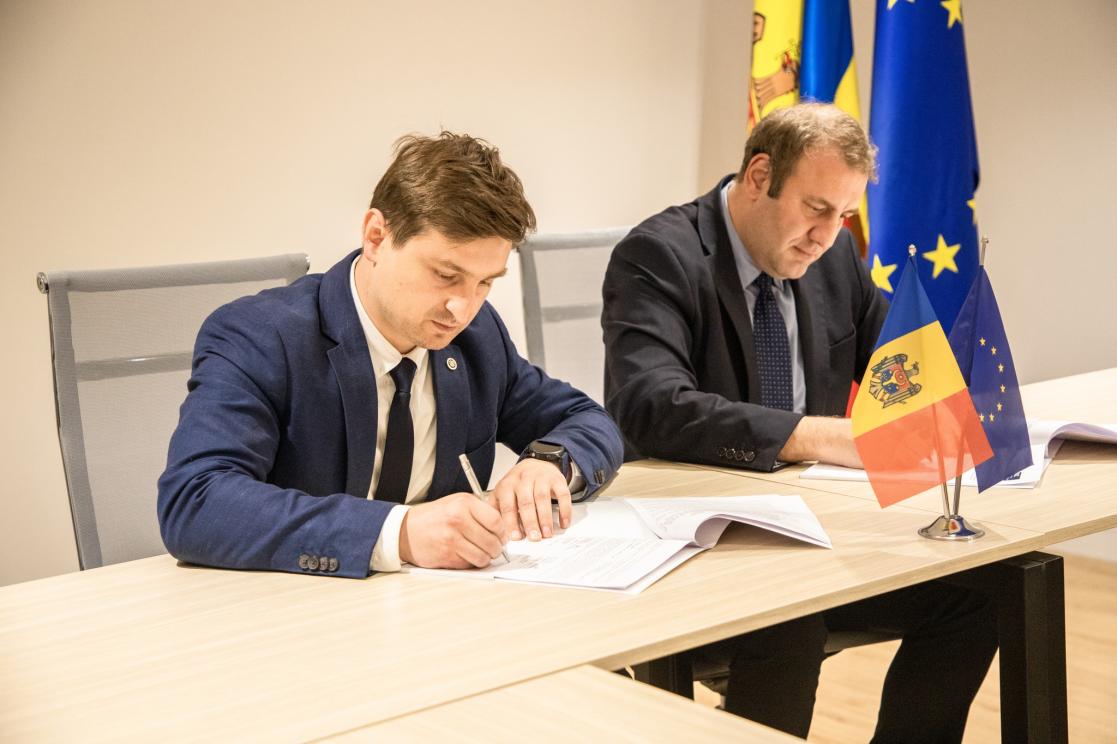Targeted Support in action: the case of EUPM Moldova

Pictured: Moldovan voter goes to the polling booth to cast her vote.
In a recent referendum, Moldova’s citizens voted yes including EU accession in their constitution. It was a narrow win for the European spirit.
The referendum was conducted against a background of massive interference by Russia and its proxies. As an effort to undermine the democratic vote, the EU and its Member States condemned it.
Russia’s hybrid campaign to subvert Moldova’s path towards the future membership in the European Union is a clear example of the threat to democracies posed by Foreign Information Manipulation and Interference (FIMI).
Hybrid attacks
Since Russia launched the full-scale invasion of Ukraine in February 2022, Moldova has experienced a sharp increase in hybrid attacks and attempts to undermine its democratic institutions. To help counter these, Moldova asked for support from the EU and the EU delivered under the Common Security and Defence Policy (CSDP).
The EU Partnership Mission (EUPM) in Moldova was set up in record time and inaugurated by High Representative Borrell during his visit to Moldova. It was the first civilian CSDP mission specifically focused on building a partner’s resilience against hybrid threats, including cyber-attacks and FIMI.
EUPM Moldova showcases the EU’s achievement to design more robust missions tailored specifically to the needs of EU partners. This is a goal contained in the Civilian CSDP Compact, the strategy behind civilian CSDP missions.

European Union
Decisive impact
The CSDP Compact reinforces the effectiveness, robustness and flexibility of civilian missions. This helps to ensure missions such as EUPM Moldova have a decisive impact on the ground. Civilian missions are proving to be an effective tool to respond to partners’ needs and to achieve the EU’s strategic goals.
The European Union currently deploys 12 civilian missions globally. They work in crises and conflict areas to preserve peace, promote stability and build resilience by strengthening the rule of law, the police and the civil administration of partner countries.
But stopping at this point is not an option. To ensure that the Compact as the strategy behind the missions stays relevant in the fast-changing security landscape, Member States’ support and commitment to its implementation is essential.
On the 14 November 2024 Member States’ representatives met at the Annual Review Conference (ARC) of the Civilian CSDP Compact with two main topics on the agenda:
- Defining features for the civilian level of readiness to faster deploy personnel to missions
- Strengthening EU’s and partners’ resilience to hybrid and cyber threats
Using insights learned from the EUPM Moldova mission, the participants considered whether the tools currently available to missions are enough to face future challenges and how to develop additional capabilities. The discussions were vital to ensure that the Compact reaches further towards making civilian CSDP missions more effective.

European Union
Flagship tool
Our civilian missions are the Union’s flagship tool to respond to crises and the Civilian CSDP Compact is strengthening it. Conferences like the ARC, where the Compact was discussed, ensure that missions have the tools to tackle current and future problems. After all, by helping partners improve resilience to external threats civilian mission make a meaningful contribution to our European security.
- Follow the link to learn more about the EU Partnership Mission in the Republic of Moldova
- Follow the link to learn more about the Civilian CSDP Compact





